DUBS - Diversity-sensitive teaching development in the subject of physical education
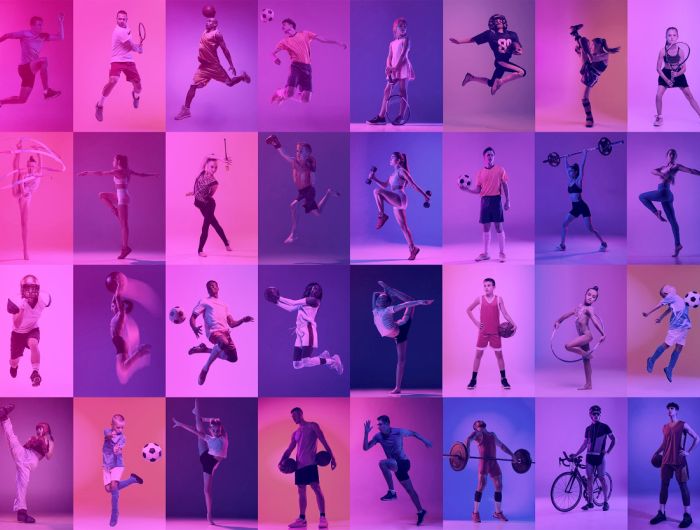
A guide for diversity-sensitive lesson development in the subject of physical education.
Diversity and school is a much-discussed topic in the educational landscape. Teachers ask themselves the central question of how to develop and design lessons that enable a sensitive approach to diversity while creating optimal conditions for all students to be able to take into account individual development and learning progress. The project "DUBS" (Diversity Sensitive Teaching Development in Physical Education) under the direction of Prof. Sebastian Ruin addresses this question and takes up the challenge of developing a new teaching approach for the subject "Physical Education".
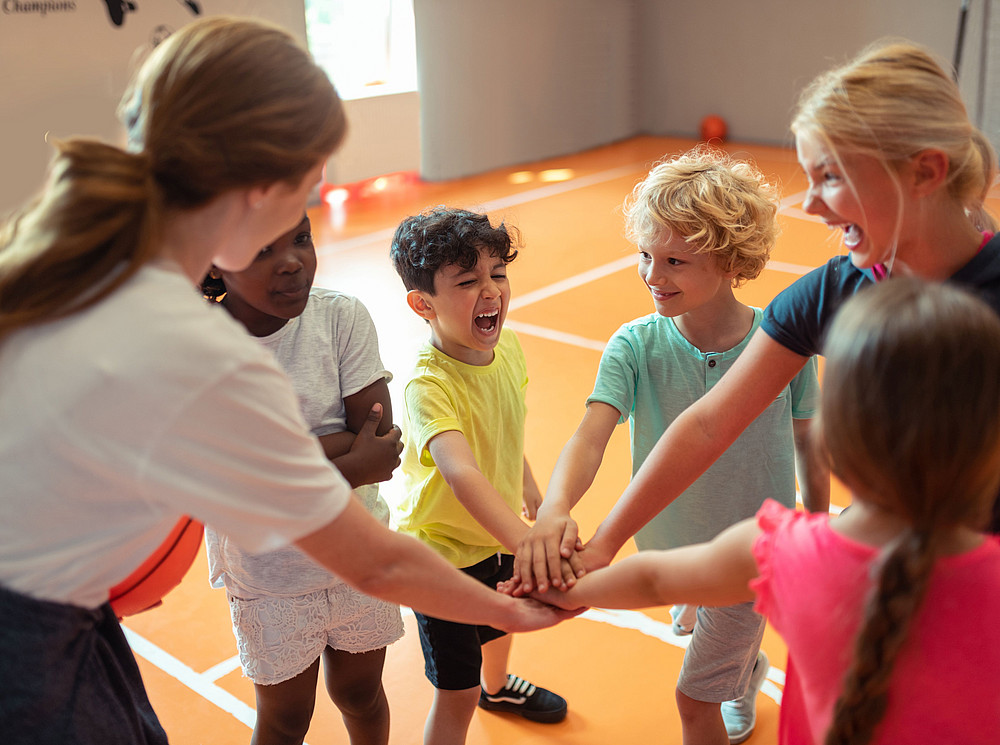
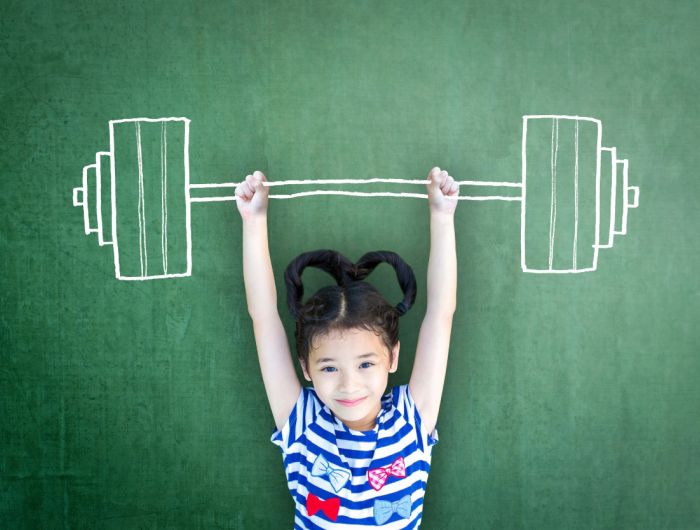
The aim of the project was to develop recommendations and suggestions for diversity-sensitive teaching in the subject of physical education.
In a participatory process, the Department of Human Movement Science, Sport and Health at the University of Graz, together with students and teachers, developed a guideline that can be used as an orientation aid for diversity-sensitive physical education. For the first phase of the project, three schools from Graz were won over to participate: MS, BG and BRG Klusemannstraße, MS and BRG KLEX and the Praxis-Mittelschule of the PH Steiermark.
Since the beginning of his academic career, Sebastian Ruin, project leader and department mind, has been intensively dedicated to the topic of diversity and sports. His research results and experiences from the school project DUBS are now available to teachers in a "lively guideline" as an orientation for action.
"Diversity, for me, is: Let's see that everyone gets the place they need. And that is always the focus" - quote from teacher
When asked what challenges had to be overcome during the first phase of the project, Sebastian Ruin quickly answers "Covid! The start of the project in 2020 coincided exactly with the pandemic and contact restrictions as well as weeks-long lock-downs made it necessary to move meetings and mutual exchanges into the virtual space. Despite these adverse circumstances, the project team, with the participation of teachers and students, succeeded in creating a guideline in addition to the regular teaching time that contains suggestions for the design of diversity-sensitive physical education and addresses the needs of the teachers: "It's just that the children are so different, I want to manage to offer a physical education class in such a way that every child feels subjectively challenged by the sport, so to speak."
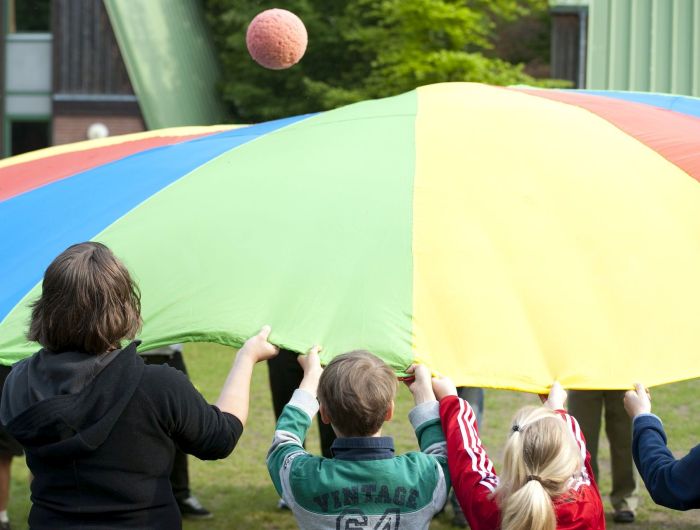
"I just think that you should have a little bit of mindfulness for kids who just don't have it that easy [...]." - Quote from student
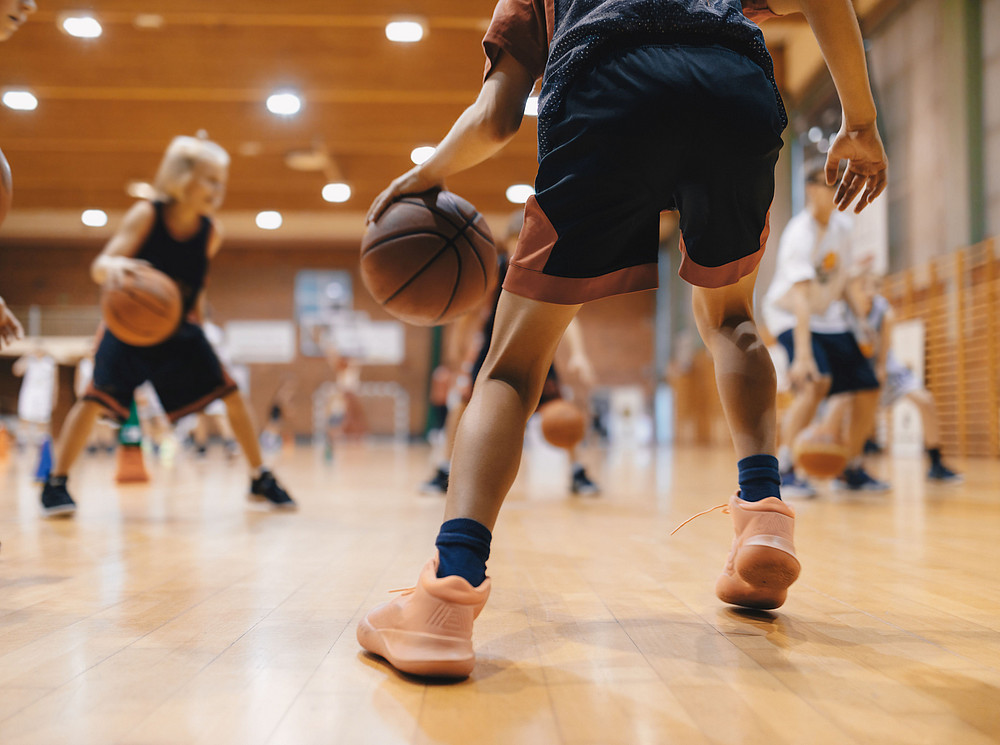
Start for phase 2
With nine other partner schools in Styria, the project is now entering the next round. Sebastian Ruin says: "Together we can initiate something". The guideline is to become an awareness-raising tool that starts with the understanding of teaching, provides practical impulses for teaching, and increases quality, not only in physical education. The project team around Sebastian Ruin also wants to transfer the knowledge gained to teacher training; the DUBS project is to be a component for the training as well as upskilling of teachers.
The four principles of diversity-sensitive teaching
Acknowledge students' diverse perspectives and support them in bringing their perspectives into the classroom. Confront these subjective perspectives with socially established views (and also with your own). Be careful not to unnecessarily dramatize differences and orders of difference as well as help to de-dramatize them.
Recognize the diversity of possible development and learning processes. For example, take a movement problem as the starting point of the learning process rather than a fixed technique. Recognize what has already been mastered, report this back, and plan the next developmental steps with the students on this basis. Take this into account when evaluating performance. Communicate clearly why you are proceeding in this way and what demands are being made.
Make an effort to create an atmosphere of trust in dealing with each other, characterized by mutual respect and the joint search for solutions to problems that arise. Everyone has the right to be different and at the same time to be part of the community. Make sure that movement relationships in different learning situations are designed appropriately and profitably for all.
Make different movement actions from different perspectives (e.g., performance, physical expression, togetherness, etc.) a topic of the lesson. Include perspectives that students bring to the table. Let the students experience that there is no one correct perspective, but that different perspectives are always possible and also significant. Make these experiences the subject of reflection.
Diversity in physical education
Our time is characterized by migration movements, the criticism of the traditional gender order of men and women, the breaking of heteronormative role concepts, and an increased sensitivity for the concerns of people with special needs. For the subject of physical education, scientific research shows that students who are perceived as "different" are often exposed to disadvantages, fears, and shameful situations. The authors of the guideline explain that the physical connection through sports activities in the classroom makes this particularly noticeable and tangible. This problem must be counteracted with diversity-sensitive teaching in order to allow all students to participate equally in educational processes and to enable appreciative social interaction.
If you would like to learn more about diversity-sensitive teaching (in the subject of physical education), you can download the guidelines here. Below you will also find an overview of the four principles of diversity-sensitive teaching:
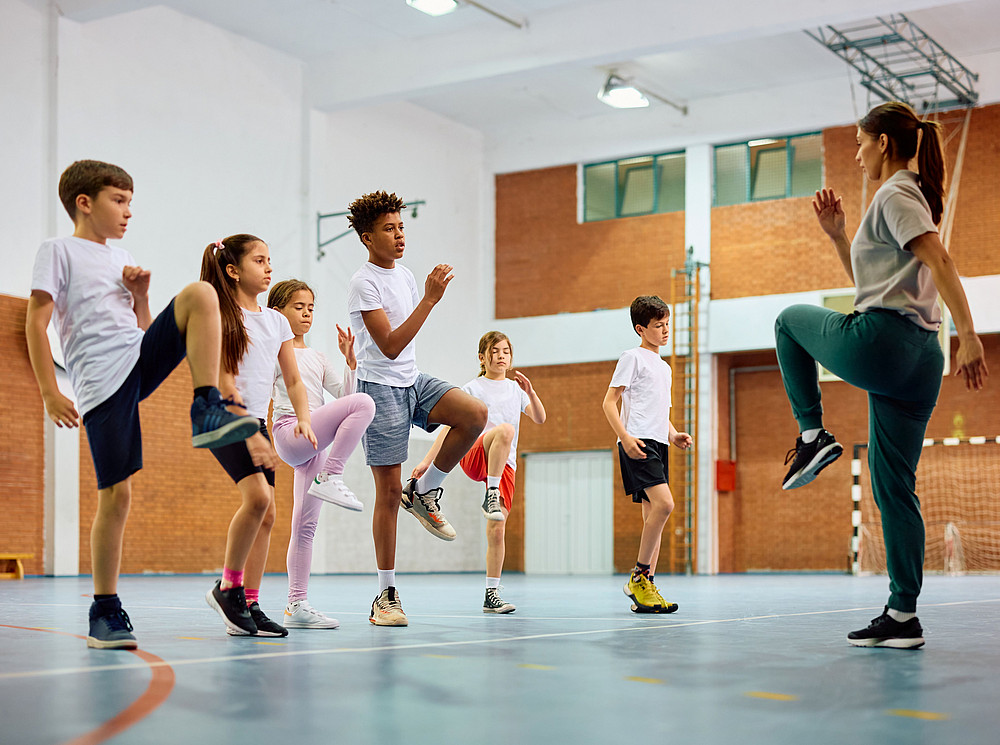
"For me, diversity is normality. Difference is what makes us who we are. And in my opinion, it is also good when diversity is made visible. Because difference needs something equally different, to be able to unfold, to be able to have an effect, to be positive" - Quote from teacher
If you want to learn more about diversity-sensitive teaching (in physical education), you can download the guide here.
Project Team

Univ.-Prof. Dr.phil. Sebastian Ruin
Institut für Bewegungswissenschaften, Sport und Gesundheit
https://bewegungswissenschaften.uni-graz.at/de/
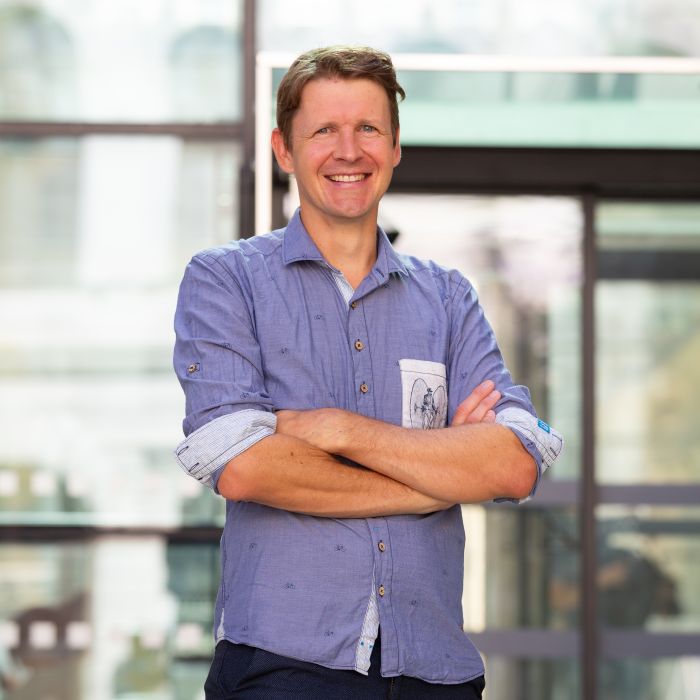
Dr.phil. Mag.rer.nat. Christoph Kreinbucher-Bekerle
Institut für Bewegungswissenschaften, Sport und Gesundheit
https://diversitaet-im-sport.uni-graz.at/